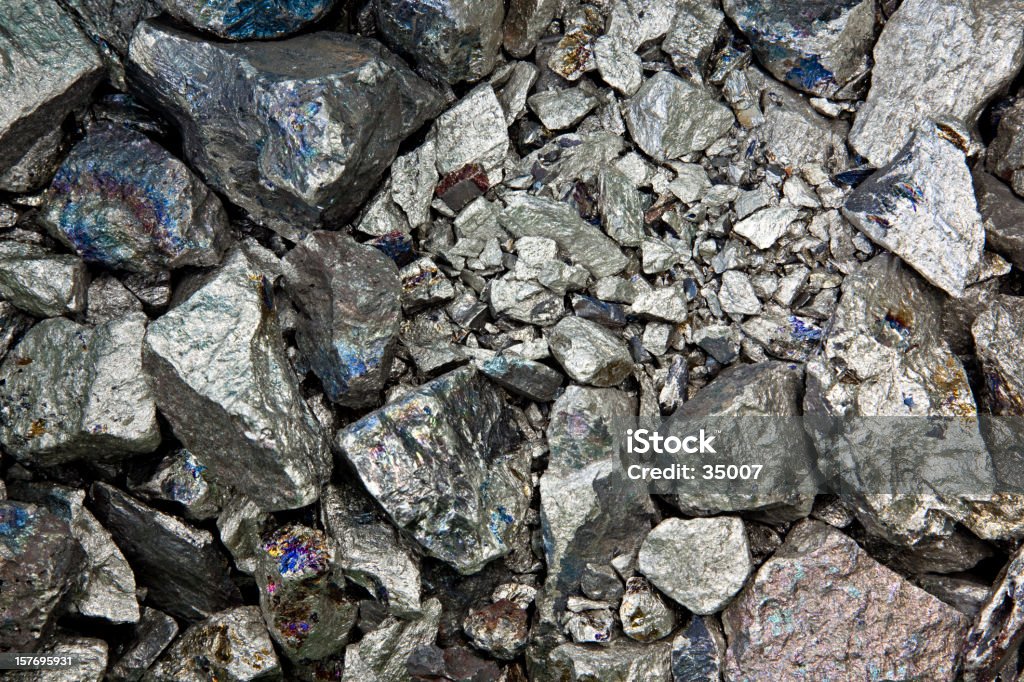
Brazil domination: East Africa to make its mark on niobium market
According to estimates, Africa is home to around 30% of the world’s reserves of critical minerals. While metals such as graphite, lithium and rare earths are often the subject of debate, the continent’s palette is much broader, incorporating other strategic products such as niobium.
Kula Gold, an Australian-based mining company, announced in early July that it had obtained an exploration permit from the Malawi Mines and Minerals Regulatory Authority (MMRA) for its Wozi Niobium project. This green light enables the company to join the ranks of companies active in this strategic metal in East Africa, a region already well positioned to contribute to the diversification of global supply.
At present, global niobium production is largely dominated by Brazil. According to the U.S. Geological Survey (USGS), the South American country alone controls around 90% of supply, with production set to reach 75,000 tonnes by 2023. While African production is still marginal (730 t thanks to the DRC and Rwanda), several East African projects could boost supply over the next few years.
While Wozi Niobium is still in the exploration phase, the region is home to the Kanyika deposit in Malawi. Developed by Australia’s Globe Metals & Mining, this project is billed as the continent’s first industrial niobium mine. It has the capacity to produce 3267 tonnes of niobium pentoxide annually over 27 years.
In neighboring Tanzania, the Panda Hill project by Cradle Resources and Tremont Investments is part of this dynamic. According to a feasibility study published in 2016, this asset can deliver an average of 5,400 tonnes of niobium pentoxide per year over a 30-year mine life.
Behind these various relatively advanced projects, a whole global movement is taking place around niobium in the region, with exploration projects in prospect. In addition to Kula Gold with Wozi, a consortium comprising RareX and Iluka Resources has applied to acquire a permit for the Kenyan Mrima Hill project, which is focused on niobium. In Malawi, DY6 is piloting the Machinga project, a site that has already shown several mineralized targets for rare earths and niobium.
source: agence ecofin

